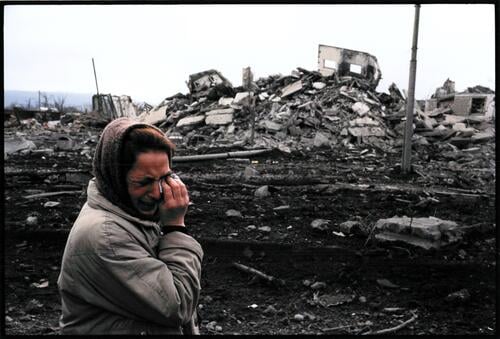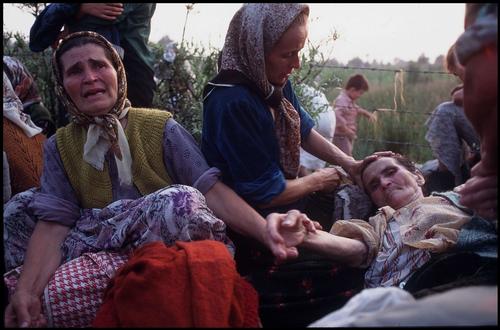All Speaking Out Case Studies > MSF and Srebrenica 1993-2003
The case study ‘MSF and Srebrenica 1993-2003’ explores the constraints, questions and dilemmas raised when MSF spoke out about the events that occurred in Srebrenica’s Muslim enclave. The enclave was besieged in 1993 and then seized by Bosnian Serb forces in July 1995. 8,000 men and young men over the age of 16 were massacred, despite the presence of the United Nations Peacekeeping forces supposedly providing protection in what had been declared a "security zone". With teams present in the enclave throughout, MSF testified to what happened and called on the various countries involved to hold inquiries and establish where military and political responsibility lay for the fall of the enclave and abandon of the people of Srebrenica.
Speaking Out: Srebrenica Podcast
“Speaking out: Srebrenica podcast” is the first series of a collection of podcasts based on the MSF Speaking Out Case Studies series. This new series comprised of 5 podcasts examines the challenges and dilemmas surrounding speaking out, the MSF teams faced during the siege and subsequent massacre that took place in Srebrenica during the Bosnian War of the 1990s.
Questions and dilemmas:
- By agreeing to provide a minimally acceptable level of relief to a besieged population, wasn’t MSF contributing to the strategy of the besieging troops while concurrently softening their image?
- Could MSF call for the evacuation of civilians who wished to leave thereby risking abetting the ethnic cleansing policy of the besieging army?
- Having trusted the UN Protection Force’s commitment to protect the enclave and its population, must MSF accept partial culpability for or complicity in the UN’s abandonment of the enclave and the ensuing massacre of the population?
- Didn’t MSF give the population the false impression that it would be safe as long as the team was present?
- Is it the role of a humanitarian medical organisation to issue an appeal for an investigative parliamentary commission then, once it is established, to actively monitor it with a critical eye?
- Contrarily, how could MSF not try to understand the circumstances and responsibilities, which, at the global level, led to the abandonment and massacre of a population to which its teams had provided relief?
- Could MSF be content with calling for a parliamentary investigation without ensuring that it asks the types of questions likely to elicit answers that shed light on the events?
- Should Srebrenica be viewed as an accident of history or as a clear-cut example of the impossibility of protecting populations under international mandates established by the UN?
Speaking Out: Srebrenica podcast

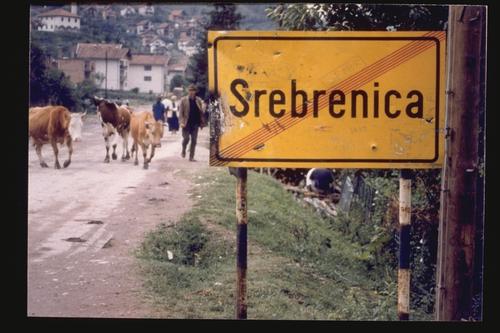
Even after the UN declared the city a ‘safe area’ in March 1993, the Muslim population trapped inside Srebrenica is living under constant shelling. MSF is providing medical care but is starting to question how much protection the UN can actually provide?
Episode 1
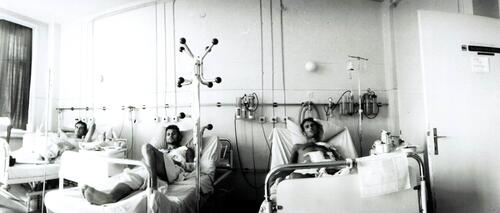
MSF is the only source of medical care in Srebrenica. The violence worsens. MSF wonders if it’s contributing to the Bosnian Serbs’ strategy, acting like prison doctors? Should calling for the evacuation be the equivalent of abetting the Bosnian Serb’s ethnic cleansing policy of driving out all Muslims and claiming the land? Even if those same civilians want to leave.
Episode 2
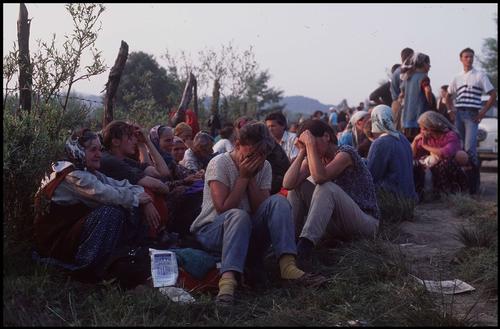
July 1995 - the fall of #Srebrenica. Around 8,000 men and boys massacred. How can this happen with UN peacekeeper in a so-called ‘safe zone’? What mechanisms did MSF put in place to speak out over the UN’s inability to protect the people of Srebrenica?
Episode 3
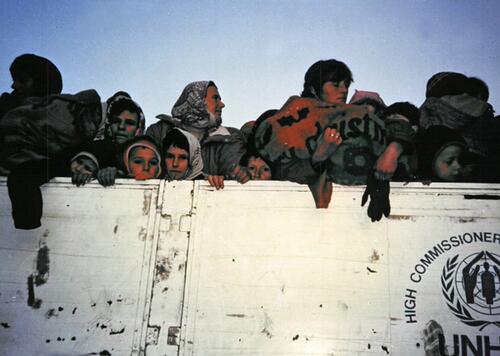
Following the fall of Srebrenica, a so-called UN “Safe zone”, thousands are dead, missing or in refugee camps. Where does the responsibility lie for the inaction? What can MSF do to make sure that peace does not take precedence over justice?
Episode 4
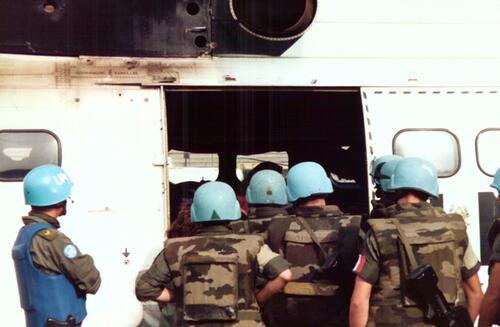
Justice is slow. Many of the nations involved are not taking responsibility for their actions in the enclave. MSF France puts pressure on the French parliament to investigate France’s role in the fall of Srebrenica. However, is it really the role of a humanitarian organisation to issue an appeal for an investigative parliamentary commission?
Episode 5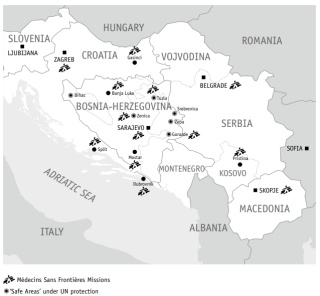
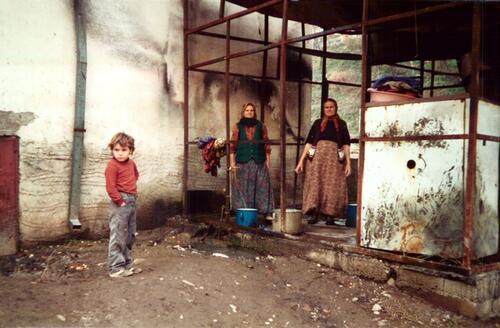
MSF and the War in the Former Yugoslavia 1991-2003
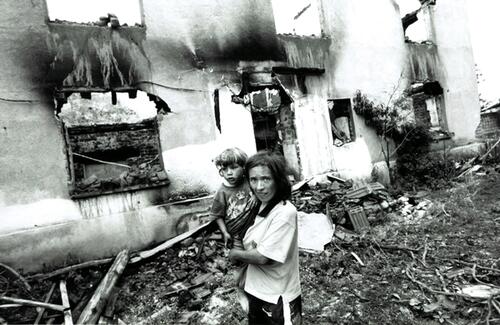
Violence against Kosovar Albanians, NATO's intervention 1998-1999
